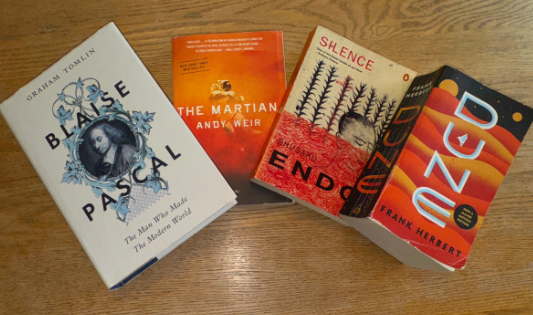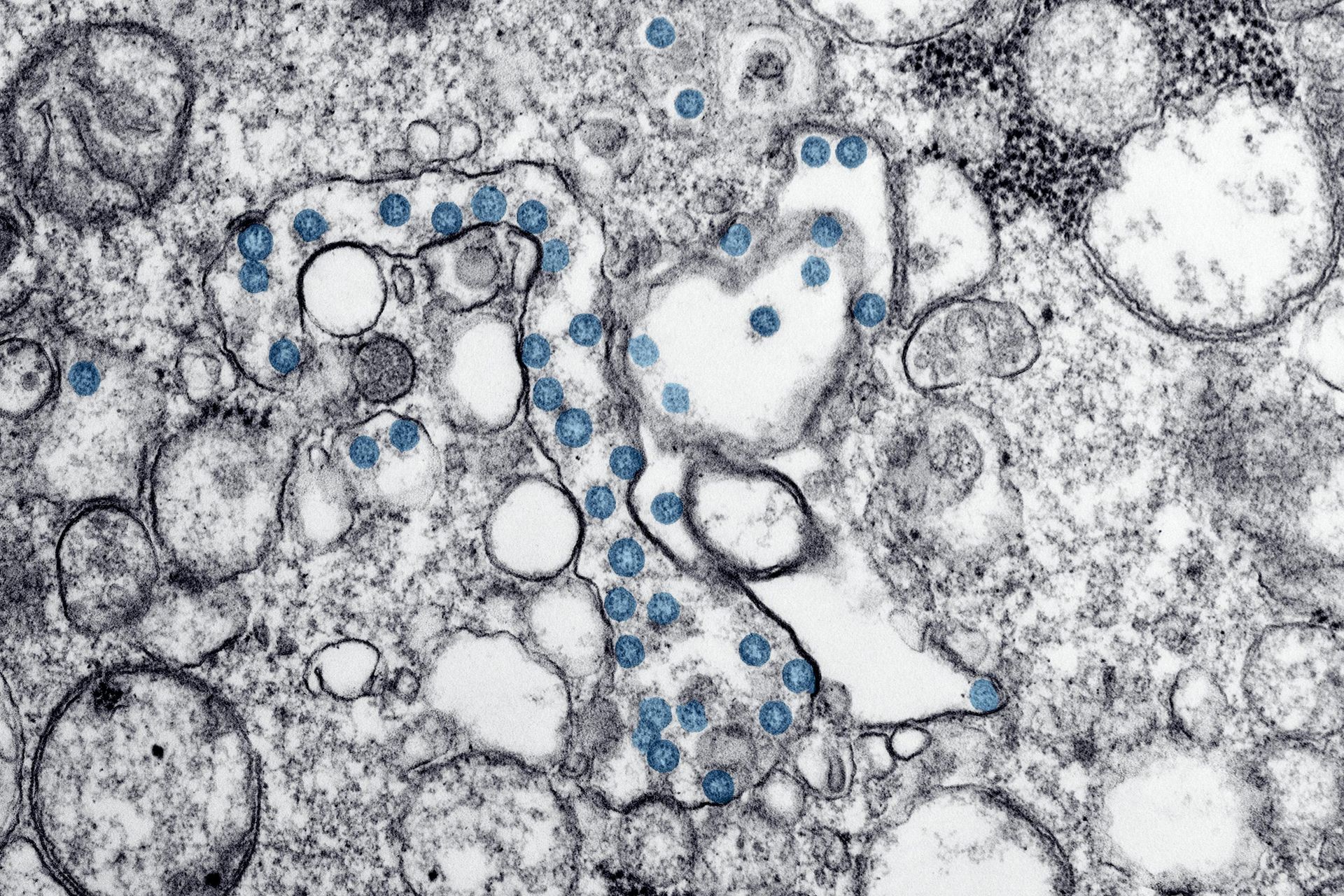Dry eyes, again

Blog vol 3. 39. Dry eyes, again.
When COVID hit in 2020, the biggest change at Burlington Eyecare was the surge in dry eye patients. It really was the perfect storm: people staring at screens and zooming all day long, an ageing population, in the middle of winter.
Fast-forward to 2023, dry eyes are still here. We have not put our screens away, on the contrary, a lot of us routinely work with two screens at a time. We have actually gotten older AND it is still winter (and never Christmas, borrowed from Narnia).
In my previous dry eye blogs, we looked at tarsal glands, proper hygiene, work habits, and omega-3 fatty acids, all still important and hopefully regular, daily, or weekly habits. A paper in a recent Optometry and Vision Science discusses research on what could be a revolutionary drug for treating dry eyes. It is called Varenicline. (See here to read the paper)
What they found is that the spray, which has a parasympathetic effect on receptors in the nasal cavity, causes the tarsal glands, lacrimal glands, and goblet cells to produce a natural tear film. Basic pharmacology: we have two opposing nervous systems, the cholinergic and the adrenergic, and they are working all the time in concert. In this case, the drug stimulates nicotinic receptors (hence the name Vare-Nicline), which then increase tear production.
What is so cool is that this increase is in both the water component and the fat/oil component which makes for great tears.
This new drug is FDA-approved and hopefully meets Health Canada approval very soon. A word of caution, though, it is not the holy grail, a panacea that will solve all our dry eye problems. If the tarsal glands are blocked up or they are producing really sludgy meibum, this drug will turn on the gland but not much will flow and what does flow won’t be that helpful.
So…you will still need to get the meibum flowing with heat and massage; you will still need to take omega 3’s to fill those glands with helpful oils; in a word, regular maintenance is required.
If you have red, itchy eyes, eyes with a burning sensation, eyes that feel like they have something in them when you know they don’t, you likely have dry eyes. Artificial tears provide immediate, temporary relief but this problem frequently does not just go away. Get some advice from your optometrist, there are things that can help.
til next week,
the good doctor






